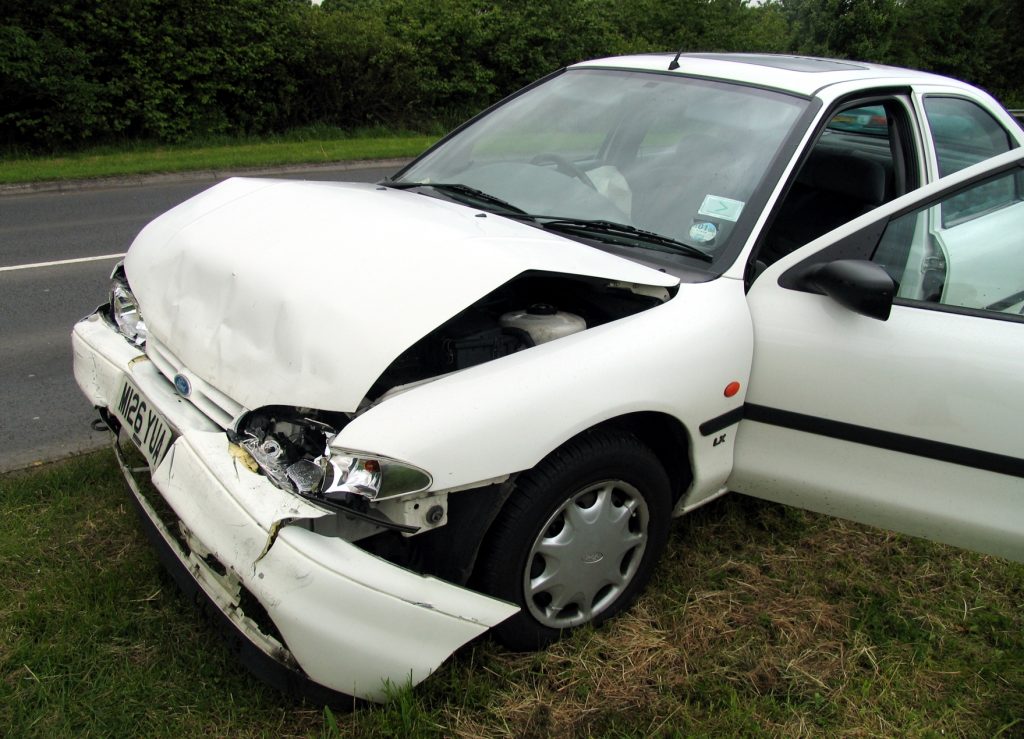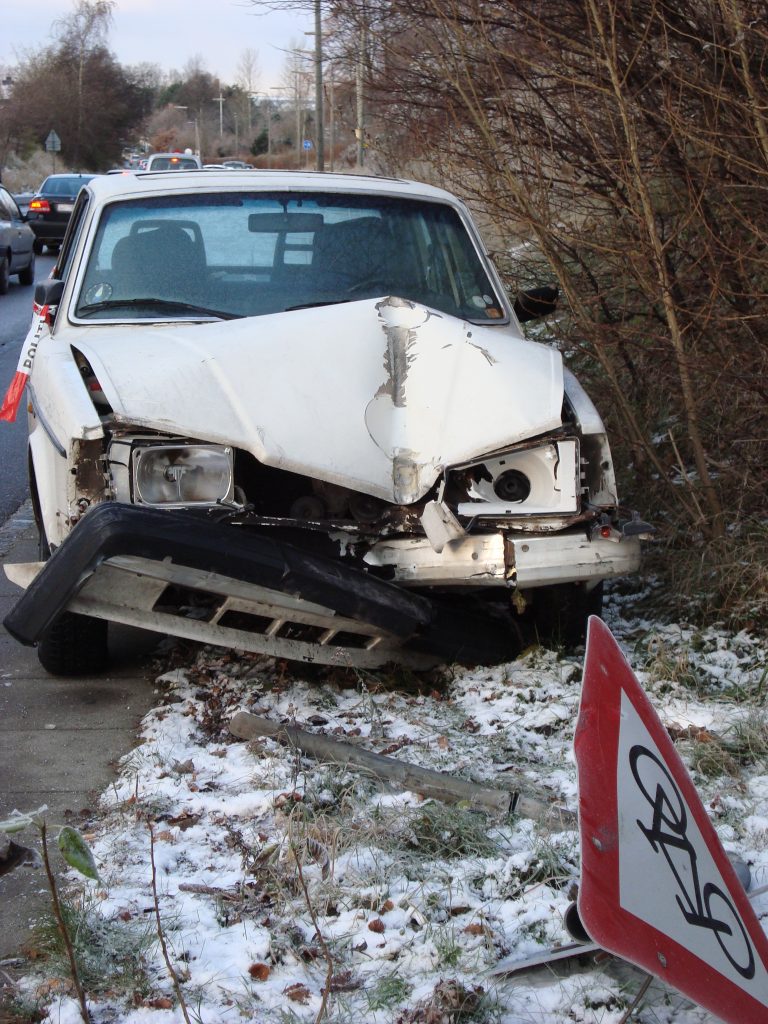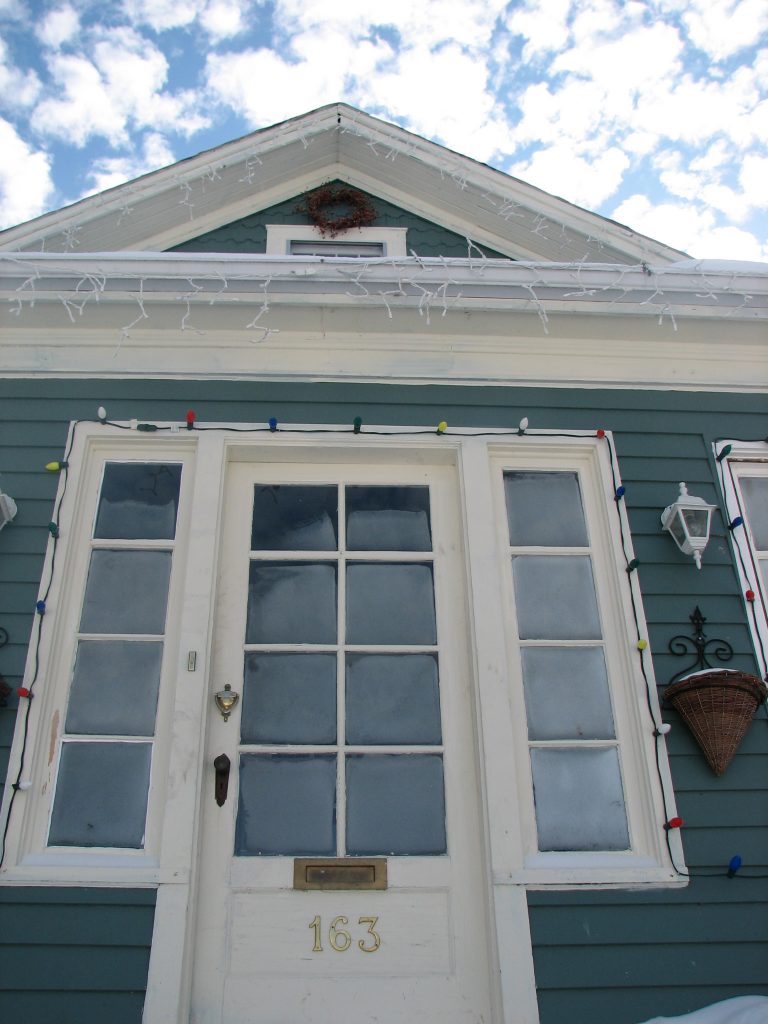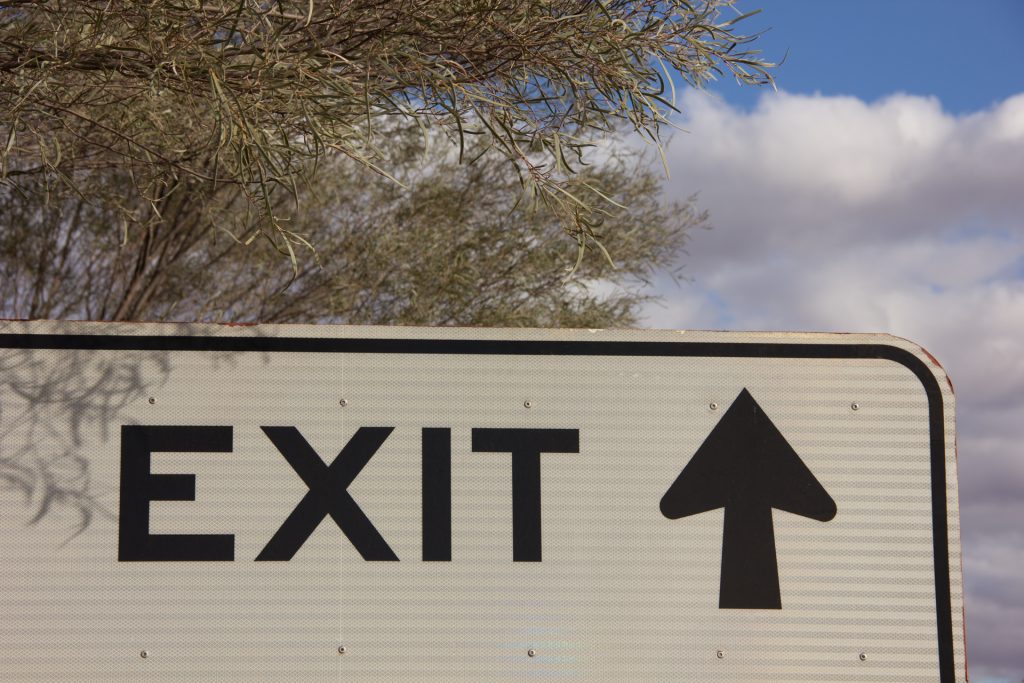 Insurance policies can be varied, complex, and at times unintelligible. Policies are generally purchased for a time of need. Yet in many cases, the insurance company worsens a stressful event by denying coverage. Coverage can be denied for many reasons including when the claimant is an “uninsured motorist.” In a recent case out of Pointe Coupee Parish, an employee faced this label and a denial of coverage.
Insurance policies can be varied, complex, and at times unintelligible. Policies are generally purchased for a time of need. Yet in many cases, the insurance company worsens a stressful event by denying coverage. Coverage can be denied for many reasons including when the claimant is an “uninsured motorist.” In a recent case out of Pointe Coupee Parish, an employee faced this label and a denial of coverage.
Chris Loudermilk was driving a vehicle owned by his employer, Environmental Safety and Health Consulting Services Inc. (“ES&H”), when he was injured in an accident. Mr. Loudermilk filed a lawsuit against his employer and their insurance company, XL Speciality Insurance Company (“XL”). As Mr. Loudermilk was not the policyholder, XL filed a motion for summary judgment to dismiss the claim entirely. Prior to the accident, ES&H had executed a form expressly rejecting uninsured motorist coverage. This essentially meant that because of the rejection form, no lawsuit could go forward against XL. ES&H had in fact executed a valid form rejecting coverage for uninsured motorists, but when ES&H renewed their policy with XL for the time period covering the accident, two entities owned by ES&H were added to the named insured section of the policy. The question before the Louisiana First Circuit Court of Appeal was whether this slight change to the policy caused the uninsured motorist coverage rejection to become invalid resulting in a proper grant of XL’s motion for summary judgment and dismissal of the lawsuit.
Summary judgment renders a judgment in favor of one party when there are no material facts in dispute and judgment is proper as a matter of law. Summary judgment for lack of coverage can be granted if there is no reasonable interpretation of the policy which would result in coverage. See Reynolds v. Select Properties, Ltd., 634 So.2d.1180, 1183 (La. 1994). An insurance company can have a case dismissed at summary judgment if it can prove there is a policy provision which excludes coverage. See Simmons v. Weiymann, 943 So.2d 423, 425. (La. Ct. App. 2006). Louisiana Law allows an insured’s rejection of uninsured motorist coverage to remain valid for the life of the policy with no new rejection form needing to be executed unless there are changes to liability limits. See La. R.S.22:1295. The language of the statute also states however that the uninsured motorist rejection remains valid when a renewal is issued to the same named insured.
 Louisiana Personal Injury Lawyer Blog
Louisiana Personal Injury Lawyer Blog


 Collision insurance covers car damages caused by driving-related accidents. For example, colliding into an object or another car, whether the insured driver caused this accident or not, are covered damages. Due to this breadth of possibilities, insurance companies write strict requirements into their policies, including the need to have a valid driver’s license on hand during an accident. A recent case in Louisiana involved Affirmative Insurance Company (“Affirmative”) denying collision coverage to an insured driver who did not have his license on him during a car accident on the intersection of Lapalco Blvd. and Ames Blvd. in Marrero, Louisiana.
Collision insurance covers car damages caused by driving-related accidents. For example, colliding into an object or another car, whether the insured driver caused this accident or not, are covered damages. Due to this breadth of possibilities, insurance companies write strict requirements into their policies, including the need to have a valid driver’s license on hand during an accident. A recent case in Louisiana involved Affirmative Insurance Company (“Affirmative”) denying collision coverage to an insured driver who did not have his license on him during a car accident on the intersection of Lapalco Blvd. and Ames Blvd. in Marrero, Louisiana. Car accidents can have long-lasting effects that are not immediately apparent at the time of the accident. Victims may initially report that they do not suffer from pain, only to be struck with it days, weeks, or even months later. This pain can have debilitating effects on one’s current and future career, as well as on one’s mental well-being and relationships with others. If a victim is not careful with the doctor he or she chooses or the actions he or she takes, a jury may dispute the damages (money) a victim may be entitled to. If a personal injury case makes it to court, it is best to reach the ideal verdict at the trial court level, rather than at the appeals level. The following case illustrate this.
Car accidents can have long-lasting effects that are not immediately apparent at the time of the accident. Victims may initially report that they do not suffer from pain, only to be struck with it days, weeks, or even months later. This pain can have debilitating effects on one’s current and future career, as well as on one’s mental well-being and relationships with others. If a victim is not careful with the doctor he or she chooses or the actions he or she takes, a jury may dispute the damages (money) a victim may be entitled to. If a personal injury case makes it to court, it is best to reach the ideal verdict at the trial court level, rather than at the appeals level. The following case illustrate this. Louisiana practices many legal concepts not typically found in other states. One such concept is the “usufruct.” An “usufruct” refers to a right given from one property owner to another person named the “usufructuary.” The usufructuary does not own the property, but is free to use it as he or she pleases (short of destroying it). An example of this would be a business owner who names his friend as the usufructuary of the business, and that friend would be permitted to run the business.
Louisiana practices many legal concepts not typically found in other states. One such concept is the “usufruct.” An “usufruct” refers to a right given from one property owner to another person named the “usufructuary.” The usufructuary does not own the property, but is free to use it as he or she pleases (short of destroying it). An example of this would be a business owner who names his friend as the usufructuary of the business, and that friend would be permitted to run the business.  When you pay for a home to be built, it can be a stressful experience. That experience becomes even more stressful when you have fully paid for the construction of that home and the contractor ceases construction without even completing half of the construction. In such a situation, it takes an excellent lawyer to figure out who exactly is at fault for the failure to complete the job and how to get the money already paid back from the contractors.
When you pay for a home to be built, it can be a stressful experience. That experience becomes even more stressful when you have fully paid for the construction of that home and the contractor ceases construction without even completing half of the construction. In such a situation, it takes an excellent lawyer to figure out who exactly is at fault for the failure to complete the job and how to get the money already paid back from the contractors. It can be complex to determine the superiority of claims when a piece of property has a mortgage and various judgments against it. Superiority of claims means the order in which money is to be paid to different parties who are all owed money from the property or individual who owns it. Most people want their claim to be deemed more superior than others because it can help them receive money from the property before someone else, which is especially important in cases where there is a limited fund of money.
It can be complex to determine the superiority of claims when a piece of property has a mortgage and various judgments against it. Superiority of claims means the order in which money is to be paid to different parties who are all owed money from the property or individual who owns it. Most people want their claim to be deemed more superior than others because it can help them receive money from the property before someone else, which is especially important in cases where there is a limited fund of money. Employers have a duty to provide their workers with reasonably safe working conditions. Whistleblower statutes protect employees from retaliation when they report violations of this duty. However, not every imperfection constitutes an unreasonable danger.
Employers have a duty to provide their workers with reasonably safe working conditions. Whistleblower statutes protect employees from retaliation when they report violations of this duty. However, not every imperfection constitutes an unreasonable danger.  Usually when you hear the phrase “adverse employment action,” it brings to mind actions such as being demoted or fired. However, under certain circumstances, it can extend to more unique actions. This includes refusing to accept an employee’s rescission of resignation.
Usually when you hear the phrase “adverse employment action,” it brings to mind actions such as being demoted or fired. However, under certain circumstances, it can extend to more unique actions. This includes refusing to accept an employee’s rescission of resignation.  If you are at school or work and notice several people who are soaking wet and wearing rain jackets, you would not have to be a detective or even a good lawyer to confidently make the judgment that it’s raining outside. Similarly, the legal concept of summary judgment used by courts is when the undisputed facts surrounding a claim lead to a court concluding the lawsuit as a matter of law, not facts. When that concept is applied to only certain elements or portions of a case or claim, it is called partial summary judgment. Partial summary judgment and its effects were of primary importance for a Baton Rouge, Louisiana, woman’s case.
If you are at school or work and notice several people who are soaking wet and wearing rain jackets, you would not have to be a detective or even a good lawyer to confidently make the judgment that it’s raining outside. Similarly, the legal concept of summary judgment used by courts is when the undisputed facts surrounding a claim lead to a court concluding the lawsuit as a matter of law, not facts. When that concept is applied to only certain elements or portions of a case or claim, it is called partial summary judgment. Partial summary judgment and its effects were of primary importance for a Baton Rouge, Louisiana, woman’s case. Having the town pave your road or conduct other maintenance may seem like a harmless occurrence. However, it can have a significant impact on determining whether your property can become public use.
Having the town pave your road or conduct other maintenance may seem like a harmless occurrence. However, it can have a significant impact on determining whether your property can become public use.